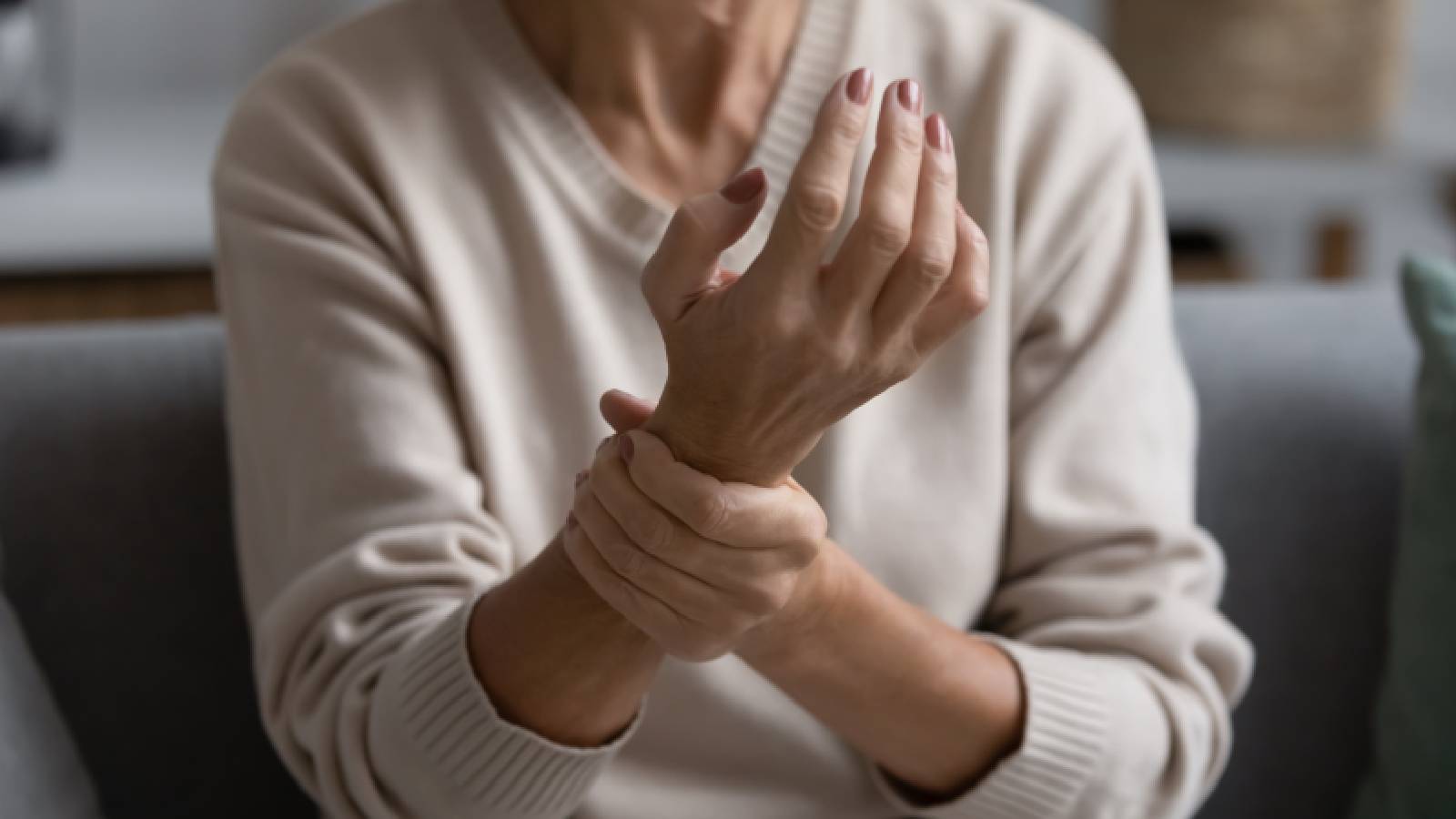Cases of Guillain-Barre syndrome or GBS are on the rise in Pune, and 67 cases have been reported so far. Are you also at risk? All about this autoimmune condition.
After a surge in hMPV cases in India, an immunological nerve disorder called the Guillain Barre syndrome (GBS) is also spreading in some parts of the country. The total cases of GBS continue to increase in Pune, reaching a total of 67, with 43 men and 24 women, according to local health authorities. Among the affected, 13 patients are currently on ventilators, as reported by Dr Vaishali Jadhav, Assistant Health Officer of the Pune Municipal Corporation.
A rare autoimmune disorder that leads to sudden muscle weakness and numbness. Bacterial and viral infections are common triggers, as they compromise the immune system, though the condition can also arise following vaccinations. It has also been seen that it is most prevalent among individuals between 30 and 50 years old. Reports indicate that the first suspected case of a 64-year-old woman with GBS unfortunately died.
Guillain Barre syndrome cases in Pune
A few days ago, authorities in Pune identified at least 22 suspected cases of Guillain Barre syndrome, leading to a detailed survey of patients who reported symptoms associated with contaminated food and water, such as diarrhoea and abdominal discomfort. As of now, the number of reported cases has risen to 67. The majority of these cases have been detected in the Sinhgad Road area, spread across three or four different hospitals. Most of the suspected patients are between 12 and 30 years old.
What is Guillain Barre syndrome?
Guillain Barre syndrome (GBS) is a rare condition where the immune system mistakenly attacks the body’s nerves, often following a stomach or respiratory infection. It causes symptoms like numbness, tingling, and muscle weakness, which can progress to paralysis. However, with prompt treatment, most individuals make a full recovery. While it can affect people of any age, it is most commonly seen in those between 30 and 50 years old, according to the Centers for Disease Control and Prevention (CDC).

What causes Guillain Barre syndrome?
The exact cause of Guillain Barre syndrome (GBS) is not fully understood, as it is a rare condition. It is believed that certain infections or illnesses may trigger a response that causes the immune system to mistakenly attack the body’s nerve cells. Infections that can lead to GBS include respiratory and gastrointestinal infections, such as Covid-19. The Zika virus has also been linked to the development of Guillain-Barré syndrome, states the World Health Organization.
What are the symptoms of Guillain Barre syndrome?
Early symptoms of GBS include:
- Tingling or a sensation in the feet and hands
- Muscle weakness and numbness
- General weakness and fatigue
- Diarrhoea
- Pain in the limbs and spine
- Breathing difficulties
- Trouble speaking and swallowing (dysphagia)
- Imbalance and clumsiness
These symptoms can worsen over the course of hours, days, or even weeks. In severe cases, muscle weakness may progress to paralysis, affecting the legs, arms, or facial muscles, reveals the Centers for Disease Control and Prevention (CDC).
Is Guillain Barre syndrome contagious?
GBS is neither inherited nor contagious. While the exact cause of the condition remains unclear, it can lead to severe symptoms, such as paralysis. People between the ages of 30 and 50 are most at risk of developing GBS, particularly after an infection with a virus or bacteria that triggers the immune system to attack the body’s own nerves.
Treatment and care of Guillain Barre syndrome
While there is no cure for this condition, treatments can help manage symptoms and shorten the duration of the condition. Here is the treatment process for GBS as per the World Health Organization:
- GBS can be life-threatening, so patients typically need to be hospitalized for close monitoring.
- Supportive care includes regular checks of breathing, heart rate, and blood pressure.
- If a patient’s ability to breathe becomes compromised, they may require a ventilator.
- Since GBS is an autoimmune disorder, the acute phase is usually treated with immunotherapy, such as plasma exchange to remove harmful antibodies or intravenous immunoglobulin (IVIG).
- For patients experiencing lingering muscle weakness after the acute phase, rehabilitation may be necessary to help rebuild strength and restore mobility.
These treatments are most effective when started within 7 to 14 days after symptoms appear.

How to prevent Guillain Barre syndrome?
To reduce the risk of developing GBS, consider the following preventive measures:
- Practice good hand hygiene and personal hygiene
- Drink safe, boiled, or filtered water
- Cook poultry and meat thoroughly
- Wash vegetables and fruits before consumption
- Avoid raw or undercooked food, especially eggs and seafood
- Do not share utensils or food during outbreaks
- Disinfect kitchen surfaces and utensils after handling raw meat
- Stay away from people with stomach flu or other infections
- Keep up-to-date with all recommended vaccinations
Make sure you follow all these preventive measures to avoid the risk of developing this condition.
Get latest updates on health and wellness along with Health News
Source link




